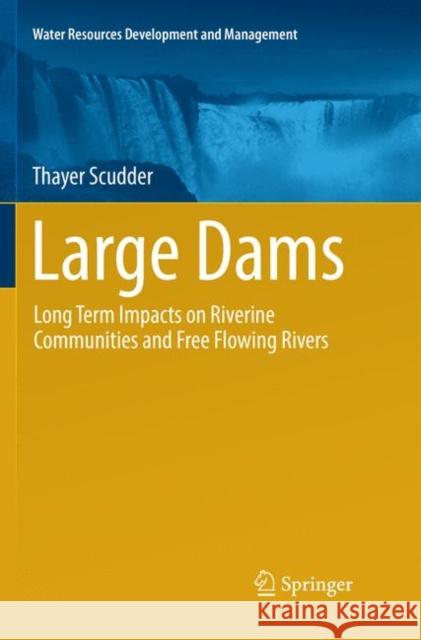Large Dams: Long Term Impacts on Riverine Communities and Free Flowing Rivers » książka
topmenu
Large Dams: Long Term Impacts on Riverine Communities and Free Flowing Rivers
ISBN-13: 9789811347894 / Angielski / Miękka / 2018 / 284 str.
Kategorie BISAC:
Wydawca:
Springer
Seria wydawnicza:
Język:
Angielski
ISBN-13:
9789811347894
Rok wydania:
2018
Dostępne języki:
Numer serii:
000314332
Ilość stron:
284
Waga:
0.44 kg
Wymiary:
23.39 x 15.6 x 1.68
Oprawa:
Miękka
Dodatkowe informacje:
Wydanie ilustrowane











